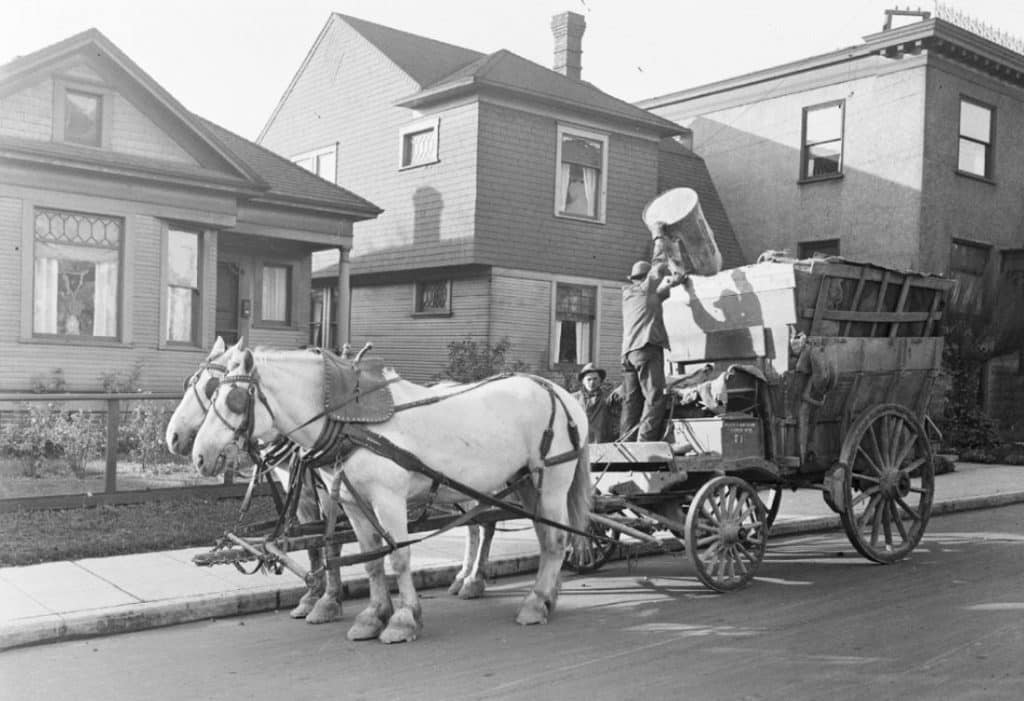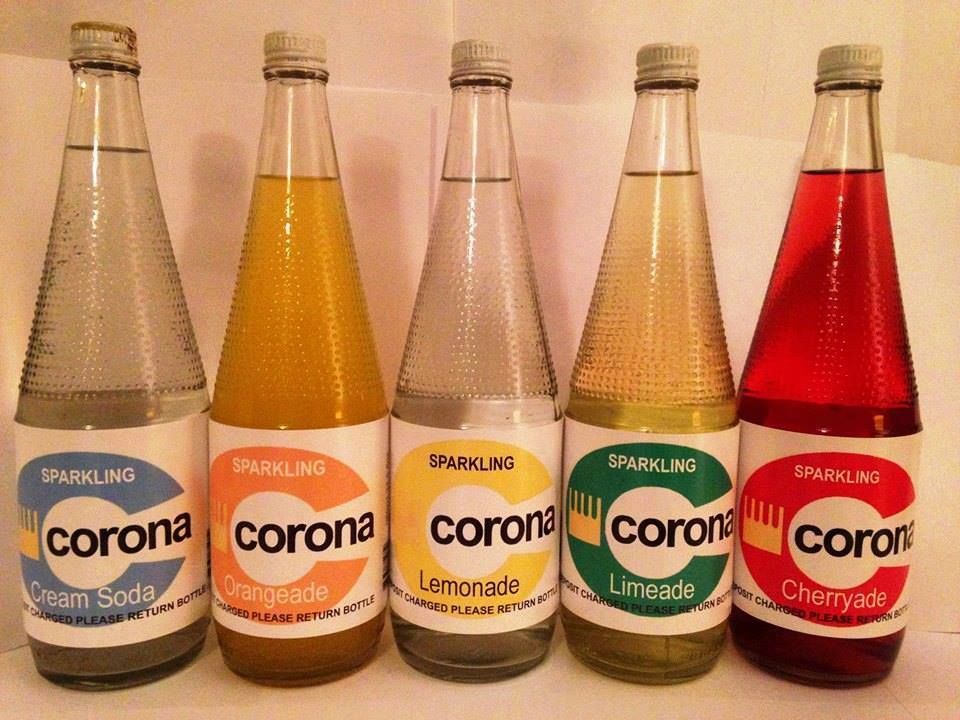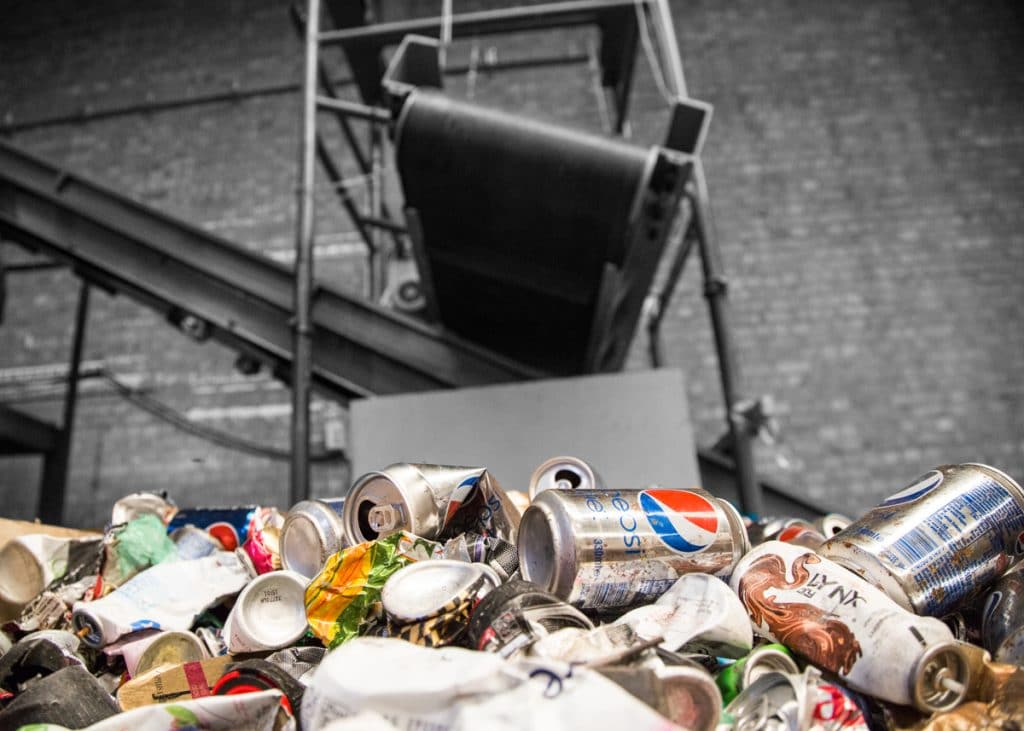A Great Recycling History
By Paul Fears | 20 April 2020
There has never been a greater focus on recycling and reusing waste materials. Many experts claim that our waste problem is related to the modern ‘throw-away’ society. Convenience, aligned to our busy lifestyle, has driven up the need for quicker and easily-accessible goods. However, we have an incredible recycling history.
Much can be learnt from our past. Despite the modern day obsession with recycling and environmental issues, such activity has been common practice for most of human history. We look back at five examples of historical recycling success and consider if there any any lessons to learn.

Recycling History dating back to 400 BC
Archaeological studies of ancient waste dumps show that during periods of scarce resources there was less household waste (e.g. ash, discarded plates and other pottery and other broken items such as tools). This suggests that the waste was actually being recycled. Indeed, there are actual records of recycling activity as far back as Plato in 400 BC.
Metal Recycling
Before the industrial revolution, which started around 1750, there is plenty of evidence of scrap bronze and other metals being collected in Europe and melted down for reuse.
The Dustman
The term ‘dustman’ was first recorded in around 1700-10 and is thought to originate from when dust and ash from wood and coal fires was collected for re-use as a base material in brick making.
Peddlers Recycling
As the industrial revolution took hold, many secondary goods were collected, processed and sold by peddlers who combed dumps, city streets and went door to door looking for discarded machinery, cooking pots & pans and other metals.
Reusing ‘Pop’ Bottles
Around 1800, one of the most successful recycling initiatives of all time was when some drinks manufacturers, notably Schweppes, introduced the recycling of glass bottles with consumers paying a refundable deposit. In the 1970s, people in the UK commonly bought their Corona fizzy drink or ‘pop’ from flat-bed trucks, returning their bottles for reuse via a deposit scheme;

Recovering Metals
There is a long history of metals being recovered with magnetic separators with evidence of collecting scrap metal for recycling dating back to Roman times with evidence excavated in Pompeii. Archaeologists have found that metal recycling was a popular practice during times of distress. On archaeological digs, they could match up historical evidence of war and famine with an observed lack of physical waste, indicating increased recycling.
The ‘Scrap’ revolution began in the 1960s with the industry moving from being labour-intensive to mechanical techniques. In the 1970s, there was a boom in the recovery of ferrous metals using magnetic separators such as Scrap Drum Magnets and Overband Magnets.

In the late 1980s and early 1990s, the introduction of high-intensity permanent Neodymium Rare Earth Magnets led to the development of the Eddy Current Separators (ECS) for the separation of non-ferrous metals. This changed the recycling landscape as the ECS technology enabled the automated and lower-cost recovery of higher-value non-ferrous metals such as aluminium, copper and zinc. A more recent development is the high-intensity Stainless Steel Separator, which enables the automated recovery of fragmented stainless steel. Future technological advances will continue to alter the recycling landscape.
Learning Lessons?
The importance of recycling has never been greater, but history illustrates that the successful recovery and reuse of materials is often driven by economical rather than environmental reasons, with technology playing a huge role. Finding ways to successfully reuse or recycle waste materials is the key to enhancing recycling rates. There is a question whether simply collecting waste without an end-market will ever be successful.
At Bunting, we specialise in designing and manufacturing the technology to enable recycling. This includes Magnetic Separators to recover and separate ferrous metals, and Eddy Current Separators for the extraction of non-ferrous metals.
For additional information on equipment used to separate and recover metals, please contact us on:
Email: Gordon Kerr at GKerr@buntingmagnetics.com
Telephone: +44 (0) 1527 65858
Follow us on social media